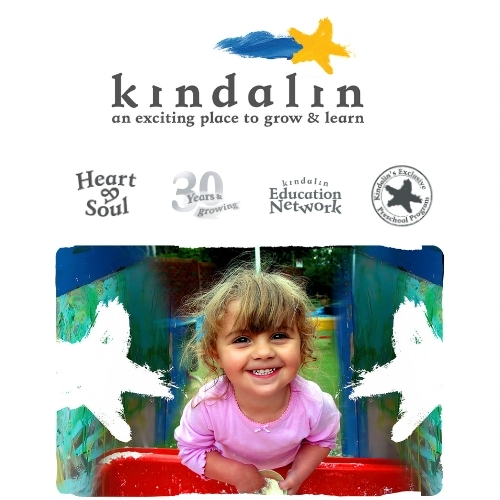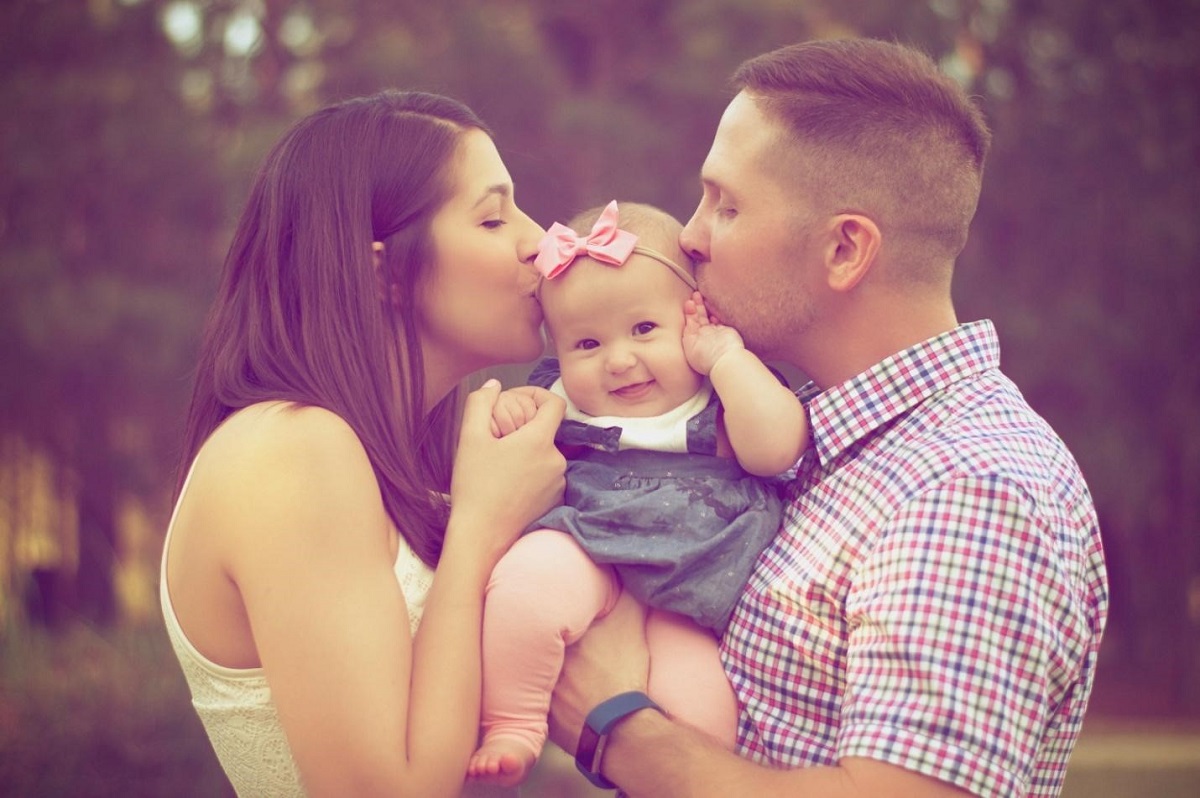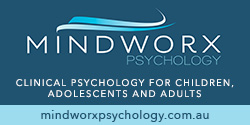Did you know that 1 in every 7 women who give birth in Australia suffer from post-natal depression? While all parents go through a period of adjustment where they try to get accustomed to the huge changes a baby brings, many suffer from depression within one year of the birth of the baby. Do you know how to spot it and what to do if you suspect you, your partner or someone else in your life is suffering from it? Dr Makielan, a Perinatal, Child & Adolescent Psychiatrist, explains.
The baby blues
It all starts with the baby blues. Appearing out of the blue after childbirth, they bring along unexpected bouts of crying, irritability, sadness, and anxiety. New mums are left to wonder why they feel miserable instead of happy about the birth of their baby.
It’s all easy to understand if you take a step back and consider the rapid and major changes that have happened in the body. The emotions and hormone levels aren’t stable and then there comes the overwhelming round-the-clock responsibility of taking care of a newborn!
During this time, the support of the partner, family, and friends greatly help a woman to get through it. And the good news is that baby blues tend to last only for two to three days.
However, in some cases, the anxiety, moodiness and sadness don’t go away and instead continue to get worse. This indicates the development of post-natal depression.
The possible causes of post-natal depression
While there are no specific causes of post-natal depression, some factors may increase the chances of its development. These include:
- A poor relationship with the partner
- Baby blues
- A history of mental health issues, especially depression
- A history of mental health problems during pregnancy
- A lack of support of family and friends
- A recent stressful event, such as the death of a loved one
That being said, in some cases, giving birth to a baby is a life-changing event in itself that may trigger post-natal depression.
What are the signs of post-natal depression?
If the baby blues last for more than two weeks after childbirth, it may be post-natal depression.
Some common warning signs include:
- Persistent low mood
- Feelings of inadequacy, failure, and worthlessness
- Excessive exhaustion and fatigue
- Sadness, anxiety, and feeling teary
- Excessive worrying about the newborn
- Trouble sleeping; sleeping for longer hours or having nightmares
- Feeling scared of being alone or going out on own
- A feeling of hopelessness for the future
- Feeling ashamed or guilty
- Loss of interest in worldly activities
- Difficulty bonding with the baby
- Social withdrawal
- Problems concentrating, paying attention, and making decisions
Some women may get thoughts about abandoning their family or hurting themselves or the baby. Others may be afraid that their partner will leave them. Such thoughts may cause anxiety alongside depression.
If any of these symptoms are experienced, it’s crucial to consult with a mental health professional immediately. It’s important to understand that many women fail to realize they have post-natal depression because the symptoms tend to develop gradually.
The diagnosis
Post-natal depression should be properly diagnosed and treated by a qualified mental health professional.
One of the best ways to identify the symptoms in an early stage is by allowing a general physician (GP) to carefully monitor new mother’s mental health. They may use tools, such as the Edinburgh Post-natal Depression Scale (EPDS) for pro-active screening.
This questionnaire includes questions about feelings, assessing if any symptoms are that of anxiety or depression.
How can it be treated?
Post-natal depression can be frightening and life-disrupting but it can be managed and treated with the help of a mental health specialist. The key is to act fast and rush to the doctor as soon as any prolonged symptoms are identified.
The following are some of the most effective treatment options for post-natal depression.
- Psychotherapy
- Counselling
- Group therapies
- Support programs
- Medication.
Ideally, it’s best to talk to your GP to get a referral for a Perinatal Psychiatrist who can provide both psychotherapy and prescribe medication if warranted. Other than that, new moms going through post-natal depression should consider eating a healthy diet, following an exercise routine, sleeping adequately, and engaging in pleasurable activities.
Can fathers develop post-natal depression too?
Yes, they can. While post-natal depression is more common in mothers, it’s not limited to them. 1 in 10 Australian fathers may develop depression either by themselves or alongside the mother.
Again, it’s critical to identify the symptoms and talk to a mental health professional immediately for proper treatment.
Get help at Dolphin Tribe Mental Health Clinic
Dolphin Tribe takes a holistic approach to treat post-natal depression with psychotherapy and medical care. The team of well-trained professionals is equipped with the knowledge and resources of treating depression in parents after the birth of their baby. Dolphin Trible aims to boost the mental health of parents and ensure a safe, healthy, and nurturing environment for their babies to grow in. You can visit the website www.dolphintribe.com.au for more information.


























